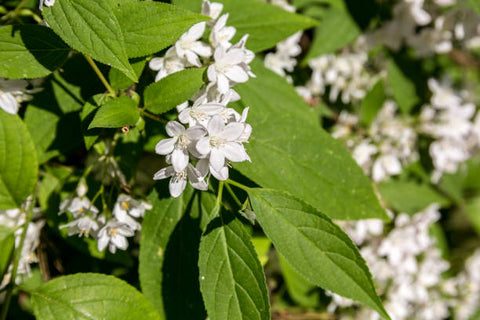In the world of traditional medicine, numerous herbs and plants hold significant value for their therapeutic properties. One such enigmatic element often referred to is "Agnimanta." While its name might not ring familiar to many, Agnimanta has a notable place in certain traditional healing practices, offering a range of potential benefits.
What is Agnimanta?
Agnimanta, though not widely recognized in mainstream medical literature, holds prominence in specific traditional healing systems like Ayurveda, an ancient holistic healing practice originating from India. Within Ayurveda, Agnimanta refers to a herb or element that holds therapeutic properties and is believed to offer various health benefits.
Unveiling its Potential Uses:
-
Digestive Health: In Ayurveda, Agnimanta is often associated with digestive health. It's believed to aid digestion, potentially easing discomfort related to indigestion or gastrointestinal issues.

-
Anti-inflammatory Properties: Some traditional practices suggest that Agnimanta possesses anti-inflammatory properties. It might be used to alleviate inflammation in certain conditions.
-
Antioxidant Benefits: It's believed that Agnimanta might harbor antioxidant properties, helping combat oxidative stress within the body.

-
Potential Immune Support: In traditional systems, Agnimanta is sometimes used to support the immune system, although scientific evidence supporting this claim is limited.
Incorporating Agnimanta into Your Wellness Routine:
For those intrigued by the potential benefits of Agnimanta, it's essential to approach its use with caution and understanding. Given the lack of extensive scientific research on its efficacy and potential side effects, consulting with an experienced practitioner of Ayurveda or traditional medicine is advisable before using Agnimanta.
Agnimanta might be available in various forms, such as powders, extracts, or teas. Incorporating it into your wellness routine should be done under the guidance of a knowledgeable practitioner who can recommend appropriate dosages and methods of consumption.
Conclusion:
While Agnimanta remains a lesser-known entity outside specific traditional healing systems, its significance within these practices cannot be understated. As with any herbal remedy, understanding its properties, consulting with experts, and using it judiciously are essential for reaping its potential benefits.
Remember, individual responses to herbal remedies may vary, and what works for one person might not necessarily work for another. Exploring the world of traditional medicine can be intriguing, but it's crucial to do so with informed guidance and awareness.
Intrigued by ancient healing practices? Dive deeper into the world of Agnimanta under the guidance of experienced practitioners to unlock its potential in your quest for holistic wellness.
- Products that contains Agnimantha -
Dabur Dashmoolarishta












